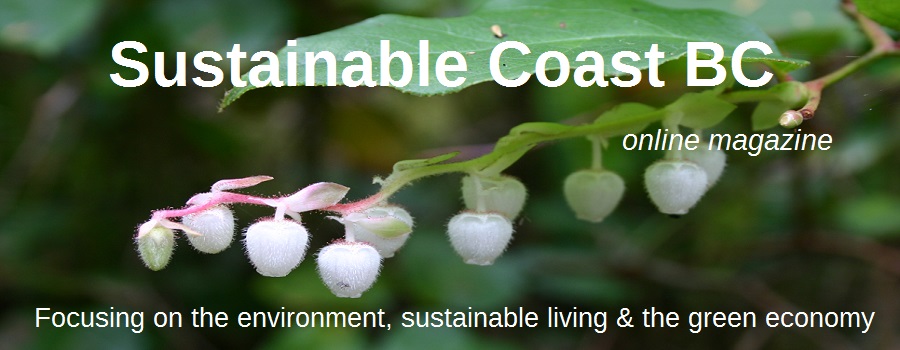News
The United Nations General Assembly has declared for the first time that access to clean water and sanitation is a fundamental human right. In a historic vote Wednesday [July 25 2010], 122 countries supported the resolution, and over forty countries abstained from voting, including the United States, Canada and several European and other industrialized countries. There were no votes against the resolution.
Bolivia’s Permanent Representative to the United Nations, Pablo Solon, introduced the resolution at the General Assembly Wednesday:"At the global level, approximately one out of every eight people do not have drinking water. In just one day, more than 200 million hours of the time used by women is spent collecting and transporting water for their homes. The lack of sanitation is even worse, because it affects 2.6 billion people, which represents 40 percent of the global population. According to the report of the World Health Organization and of UNICEF of 2009, which is titled "Diarrhoea: Why Children Are [Still] Dying and What We Can Do," every day 24,000 children die in developing countries due to causes that can be prevented, such as diarrhea, which is caused by contaminated water. This means that a child dies every three-and-a-half seconds. One, two, three. As they say in my village, the time is now."
See the Democracy Now report, a video interview with Maude Barlow, chair of the Council of Canadians, the co-founder of the Blue Planet Project and board chair of Food and Water Watch.
MEDIA RELEASE from The Council of Canadians:
Council of Canadians celebrates UN General Assembly recognition of human right to water
After over a decade of hard work, the global water justice movement achieved a major victory today as the United Nations General Assembly voted overwhelmingly in favour of recognizing water and sanitation as human rights. The resolution – put forward by Bolivia and co-sponsored by 35 states – passed overwhelmingly with 122 states voting in favour and 41 abstaining.
“It was a great honour to be present as the UN General Assembly took this historic step forward in the struggle for a just world,” says Maude Barlow, national chairperson of the Council of Canadians. “It is sad however, that Canada chose not to participate in this important moment in history.”
The organization is calling on states to build on this victory.
“This resolution has the overwhelming support of a strong majority of countries, despite a handful of powerful opponents. It must now be followed-up with a renewed push for water justice,” says Anil Naidoo, Blue Planet Project organizer. “We are calling for actions on the ground in communities around the world to ensure that the rights to water and sanitation are implemented.
Governments, aid agencies and the UN must take their responsibilities seriously.”
As a result of this vote, the human right to water and sanitation is now explicitly and formally recognized at the UN.
“Canada's abstention from the vote will not excuse it from the work that needs to be done to maintain and improve its public water and sanitation systems for all peoples living in Canada, including Indigenous communities who have lived for generations without adequate infrastructure,” says Meera Karunananthan, national water campaigner at the Council of Canadians.
